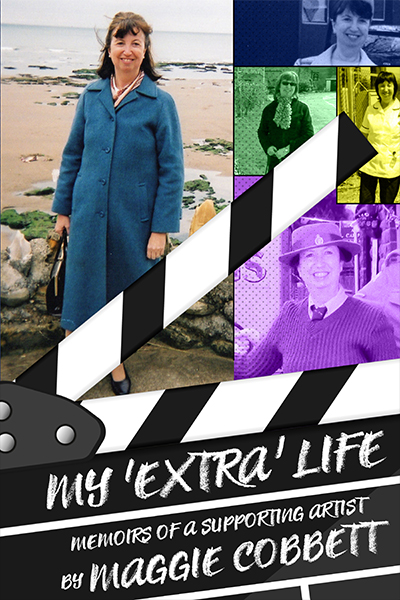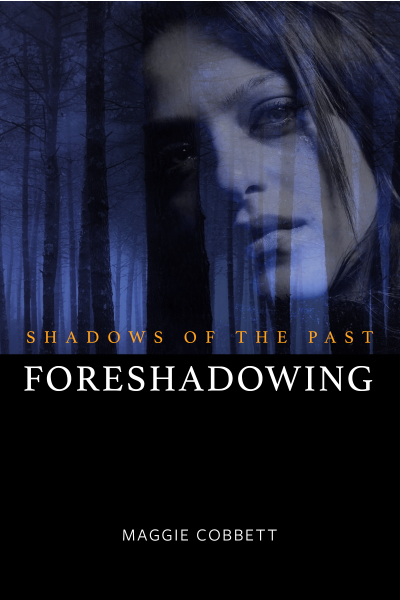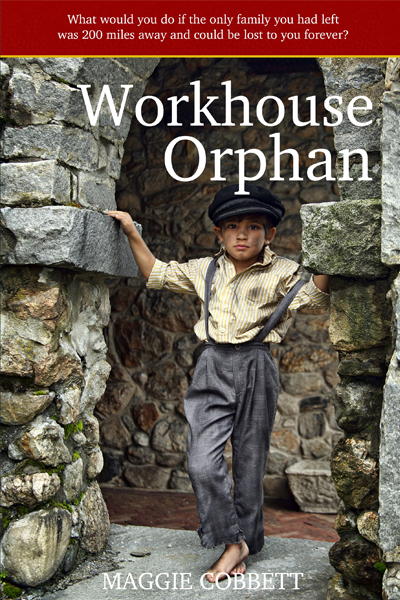Hello, and thank you for visiting my site. I hope that you'll return often and always find something of interest about my world and what inspires me to pick up a pen. (This is a figure of speech, unfortunately. My handwriting is terrible!) Here's what I've been up to recently...
An Audience With Alan Bennett
‘You can take the boy out of Leeds, but you can’t take Leeds out of the boy.’ Isn’t that what they say? It’s true of girls too, of course, which is why I found this afternoon’s event at a packed West Yorkshire Playhouse, part of the Alan Bennett Season, particularly fascinating.
Although not contemporaries, Alan Bennett and I share many memories of growing up in Leeds. We even attended adjacent secondary schools and followed much the same route to get there, although the trams he took from his father’s butcher’s shop in Far Headingley to the Ring Road had been replaced with buses by the time it was my turn to go. Leeds Modern School, which – despite its rather misleading name – was a grammar school for boys, and Lawnswood High School shared a large site, although contact between boys and girls was severely discouraged. In my day, a swimming pool and dining hall stood between them and there was an invisible border line patrolled by prefects down the playing field. Much more about the history of the two schools before their merging into a mixed comprehensive in the 1970s can be read on www.lawnswoodhighschool.com.
Alan started the session with a reading from his account of a junior school visit to Leeds Art Gallery during WW2 and had the audience in stitches as he recalled his classmates’ fascination with one particular ‘rude’ painting called ‘After the Battle’ (now mysteriously lost from the collections) and the reaction of his teacher, the redoubtable Miss Timpson, to their behaviour. I spent a lot of time there myself as a child, particularly on wet Sunday afternoons, although I can’t say that I remember that particular painting. Alan also described the hours he spent next door in the Central Library, where I studied for my ‘A’ levels. I was there quite recently and, apart from the addition of computers, found it hardly changed.
Alan then moved into a question and answer session with another Leeds boy, James Brining, who took over as Artistic Director of the WYP a couple of years ago, before taking questions from the audience. These ranged from anecdotes people wanted to share to requests for information about actors and directors that Alan had worked with over the years; how the Queen viewed his writing about her – he didn’t know – and even his own reaction to being disturbed at dinner by over enthusiastic fans. (He doesn’t mind as long as they’re quick about it and don’t take snaps while he’s trying to eat!)
I can’t remember everything that was said this afternoon – I really wish that I could – but a few extra things do stand out in my mind.
Alan Bennett likes arriving at Leeds City Station, because ‘people there talk like me’.
Being instantly recognisable is a mixed blessing and one not shared by many playwrights. How many people know what his friend Michael Frayn looks like, for example?
He was recently accosted in the restaurant of WYP by two middle-aged ladies who told him that they were great fans but then expressed the hope that his show was going to be a good one. Adulation combined with an element of threat, he felt.
The last few minutes were devoted to his play Enjoy, a look back at working class family life in Leeds. Who better to depict that, I wonder, although Alan admitted that it was more to be endured than enjoyed!
8 June, 2014 - Make the first comment on this story



